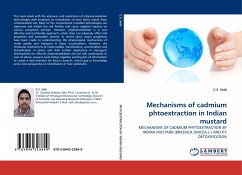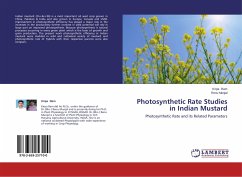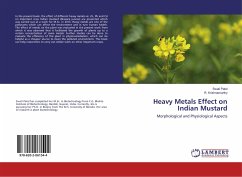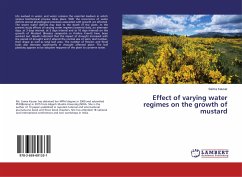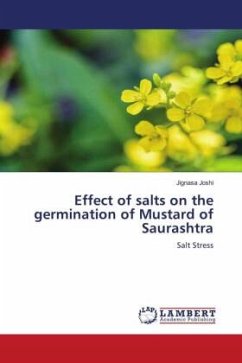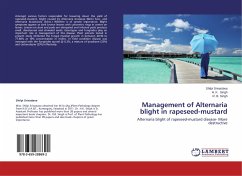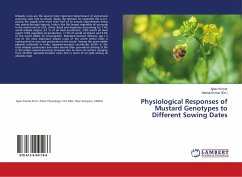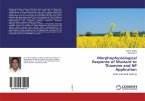This work deals with the advances and implication of phytoremediation technologies with emphasis on remediation of toxic heavy metals from contaminated soil. Most of the conventional remedial technologies are expensive and inhibit the soil fertility and cause negative impacts on various ecosystem services. However, phytoremediation is a cost effective and ecofriendly approach, which does not adversely affect soil properties and ecosystem services. In recent years, major progresses have been made in understanding the physiological mechanisms of metal uptake and transport in hyper accumulators. However, the molecular mechanisms of metal uptake, translocation, accumulation and detoxification in plants and their further implication in transgenic development for efficient phytoremediation are not well understood. In view of above, present work brings together existing bits of information to create a new direction for future research, critical gap in knowledge and a new perspective on remediation of toxic pollutants.
Bitte wählen Sie Ihr Anliegen aus.
Rechnungen
Retourenschein anfordern
Bestellstatus
Storno

